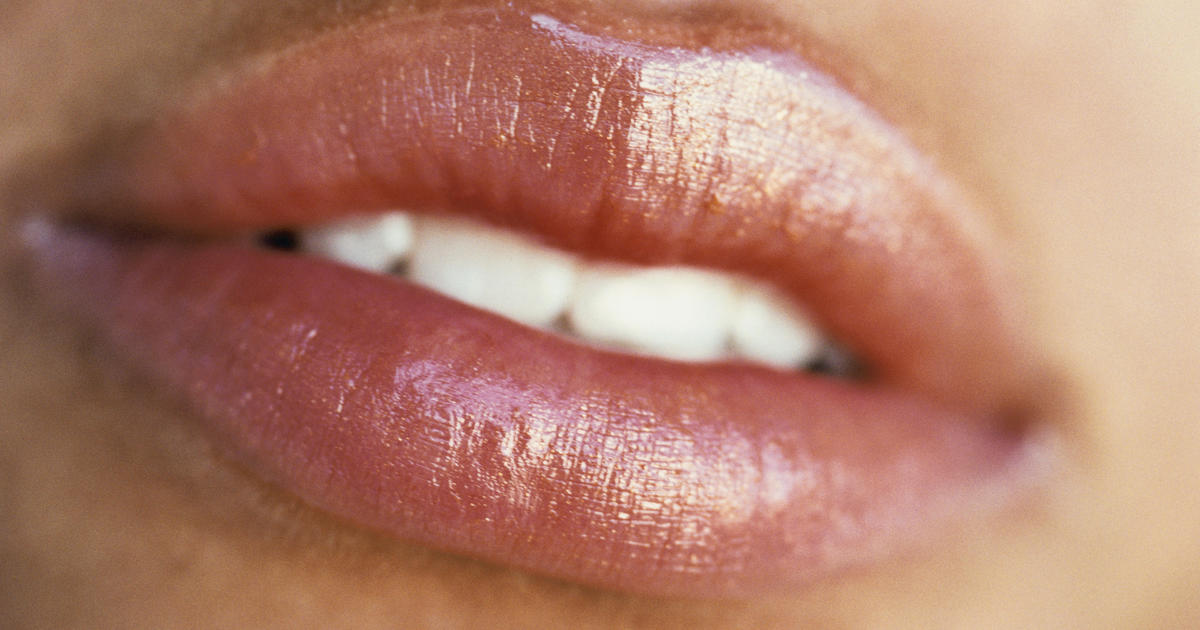Rare & Dangerous Parasite Found In South Florida Snails
Follow CBSMIAMI.COM: Facebook | Twitter
GAINESVILLE (CBSMiami) -- The battle to get rid of the invasive and destructive Giant African Land Snails is gaining new importance after a new study found a rare parasite in the snails, and three other non-native species of snails, can cause serious health problems in humans and animals.
University of Florida scientists say the parasite "rat lungworm" has been found in multiple species of snails in the Miami area, including the invasive giant African Land Snail.
The rat lungworm is a tiny worm that can cause potentially fatal illnesses in people, horses, dogs and birds. Researchers are now sampling and testing snails across the state to determine the geographic range of the parasite and what species it has infected.
According to the Sun Sentinel, the research started after a privately owned orangutan in Miami, with a history of eating snails, died in 2012. After the ape's death, researchers went to the area where it had lived and tested snails. Of the five species analyzed, three were found to be infected with the rat lungworm.
The three species are the Cuban brown snail, striate drop and Asian trampsnail.
The parasite, which can cause meningitis in people, is only dangerous if it's eaten.
The danger is particularly acute for dogs and other animals. At least one dog in Miami-Dade County is suspected of having died from eating the giant African snails. As long as you thoroughly wash produce and don't eat snails off the ground, you won't be infected. But you should keep an eye on your pets. Some of the snails that harbor the parasite feed on ornamental plants, so you may have them around your house.
Giant African Land Snails are considered to be one of the most damaging snails in the world. The snails cause structural damage to buildings by consuming plaster and stucco to get the calcium they need to grow their shells.
To report a Giant African Land Snail, call the department's toll-free helpline at 888-397-1517. To preserve a snail sample, with gloved hands put the snail in a zip-top bag, seal it, and put in a bucket or plastic container. Do not touch the snails or release them in a different location.



